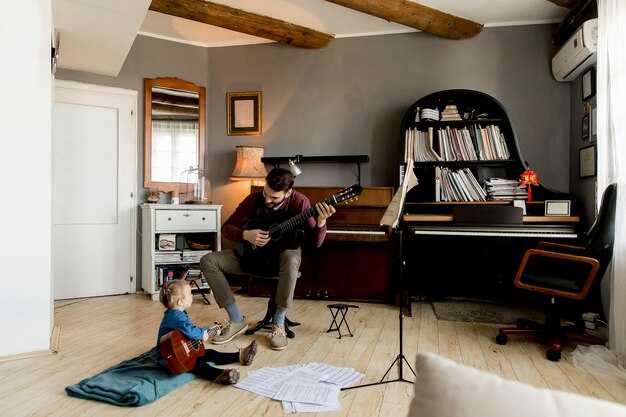Can Apartment Managers Tackle Noise Issues During the Day?
Living in an apartment comes with the unique challenge of managing noise levels, especially during the day. At times, this noise can be a constant disruption to the residents' peace and productivity. Many wonder: Can apartment communities truly do anything to manage noise during daylight hours? The answer is, yes, and there are several strategies apartment communities can implement to mitigate noise issues.
Implementing Noise Policies
Apartment managers can start by establishing clear noise policies that delineate acceptable noise levels during different times of the day. These policies should be part of the leasing agreement and emphasized during tenant orientations. They help set expectations for behavioral norms within the community, encouraging residents to be more considerate of their neighbors.
Soundproofing Solutions
Another practical solution is investing in soundproofing measures. Walls, ceilings, and floors can be insulated with materials designed to dampen sound transmission, which significantly reduces noise pollution between units. Additionally, double-glazed windows and thicker carpets can diminish outside noise, offering a more serene living environment. While this requires an initial investment, the long-term benefits of increased tenant satisfaction and retention can outweigh these costs.
Communal Spaces and Activities
Designating specific areas within the apartment complex for noise-generating activities, such as playgrounds or music corners, can help contain the noise. Encouraging the usage of these spaces instead of private units for loud activities not only helps in controlling noise but also fosters community interaction. Creating quiet zones, such as designated reading or lounging areas, further reinforces the community's commitment to providing peaceful living conditions.
Resident Communication Channels
Open channels of communication between management and residents are crucial. Implementing a feedback system, such as a mobile app or suggestion box, allows residents to report noise issues promptly. This system should encourage residents to communicate directly with their neighbors about disturbances before escalating complaints to management, fostering a cooperative atmosphere. Regular community meetings can provide a platform for discussing noise concerns and developing solutions collaboratively.
Offering Noise-Free Hours
Some communities successfully implement “quiet hours” during certain periods, which can include specific parts of the daytime. During these hours, noise restrictions are tighter, allowing parents with young children, home office workers, or night-shift workers to enjoy a break from urban cacophony.
Navigating noise management requires creativity and a thoughtful approach. By empowering both management and residents to engage in solutions, apartment communities can thrive as quieter, more harmonious spaces.
Taking Action Beyond Noise Management
While these strategies can effectively manage daytime noise, apartment residents often face other challenges, such as financial stress, that impact their quality of life. Understanding and accessing available financial resources can alleviate these pressures, allowing residents to focus on creating a peaceful home.
Resources for Financial Assistance and Educational Opportunities
- 🎓 Educational Grants: For residents looking to boost their qualifications or shift careers, educational grants and scholarships may cover tuition expenses, reducing financial burden.
- 💳 Credit Card Solutions: Low-interest or 0% introductory APR credit cards can be a strategic method for managing unexpected expenses without incurring high interest.
- 💸 Government Aid Programs: Programs like housing vouchers, utility assistance, and food benefits ensure residents can afford necessities, supporting overall housing stability.
- 🔄 Debt Relief Options: Debt counseling and consolidation services guide residents through managing and reducing personal debts, promoting financial health and peace of mind.
- 🆘 Emergency Aid Funds: Short-term crisis loans or grants can help residents manage urgent financial needs, preventing rent arrears and potential evictions.
By integrating noise management policies with these supportive resources, apartment communities not only improve the ambient quality of life but also enhance the residents' overall well-being.

